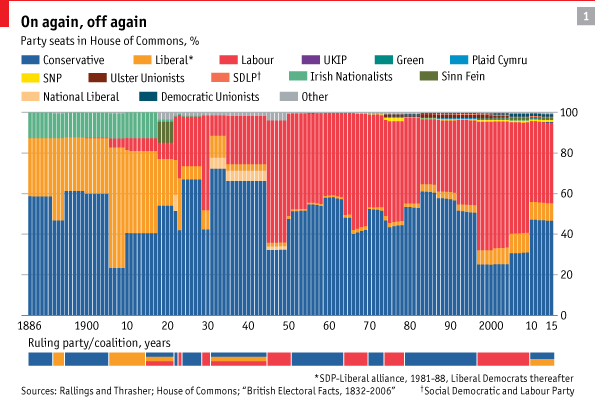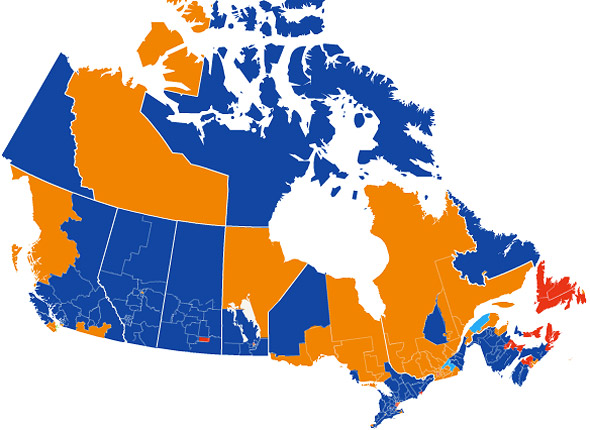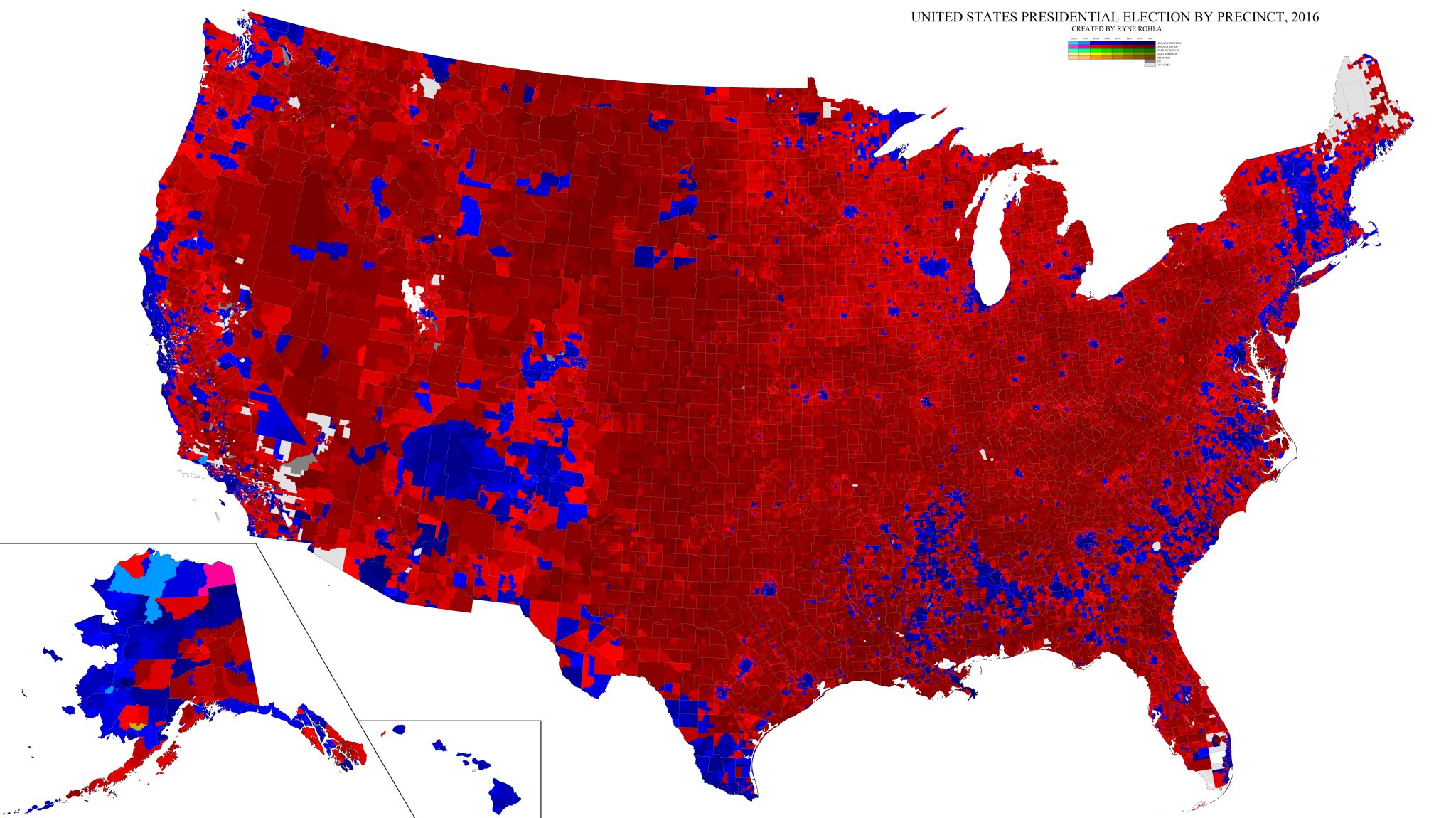First past the post applies at the level at which the candidate is elected, which is not necessarily the national level. The UK is a parliamentary system - we have 650 simultaneous elections, and the winners then select the Prime Minister. That means you'd expect Duverger's law to apply at constituency level - in any given constituency, you'd expect about two serious parties. This is broadly true - there are almost no three-way marginals in the United Kingdom, so in that respect, Duverger's Law holds strong. Most seats are Lab vs Con, Con vs Lib, or Lib vs Lab - there's almost no Lab vs Con vs Lib.
What prompts the US to have two parties nationally is the presidential system and electoral college. Suppose you had 4 parties running for President - Socialists, Liberals, Conservative, and Tea Partiers for the sake of convenience. If you're a Liberal and the Socialist Party is slightly bigger, it always makes sense for your Presidential candidate to pull out, because that guarantees a Socialist win given the other two parties are divided. In other words, the presidential system acts a giant nation-wide FPTP post to make Duverger's Law apply to the whole country.
In the UK, with a parliamentary system, the Liberal Democrats can work in a coalition with Labour to select the Prime Minister. They don't have to withdraw from Parliament for Labour to form government. So Duverger's law doesn't extend beyond the initial local level.








